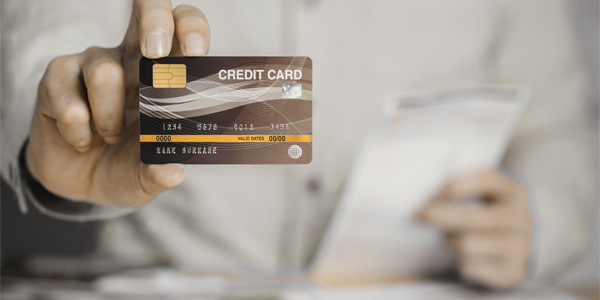Read the fine print carefully to avoid credit card pitfalls!

As the economy is recovering from the aftershocks of recession, credit card issuers have geared up to attract more consumers through their direct-mail offers. But before you accept such an offer, be very careful. Once you sign up, you may be in for some unexpected surprises like a sudden rise in interest rate or a fee you never anticipated! The only one way to avoid such a situation is to read the fine print thoroughly before getting a new credit card. Read the following section to know what things to check out for before signing up for a new card.
Things we often miss out while reading the credit card fine print
Given below are some of the things, known as well as less-known, that are included in the fine print, but are often overlooked:
- Factors affecting APR: Most of us are well-aware of the Annual Percentage Rate or APR which we use to compare different credit card offers. But what we are least bothered to know is how the rate may change in course of time. There are a number of factors, like missing a payment, paying late, etc., that can change the APR. The fine print always lets you know under which situation you may see a hike in the APR. Unless you read the fine print carefully, you are likely to miss this important point.
- Balance-transfer fees: If you wish to combine all your debts into a single monthly payment, the prospect of a balance transfer might entice you. But before you do so, you better check the fine print to know if you will be charged any fee for this. Many card issuers charge up to 5% on the balance you transfer. Thus, if you transfer a balance of $10000, you will end up paying $500 in fees!
- Double-billing cycle: There are some credit card companies that use double-billing cycle to trick you into paying more in interest. The due date on your statement could be meant for the minimum payment, and not for paying off the entire balance. For instance, let’s say the due date to pay off the entire balance is 15th and the due date stated on your statement is say 22nd. Now, if you go by the due date mentioned on the statement to pay off the card, you will be charged interest for those extra 7 days.
- Membership fees: You may feel tempted to get a card that promises you plenty of rewards. It is common that your eyes get stuck on these reward cards benefits that are advertised in bold. But what you may miss out is the “membership fee” or “annual fee” you are charged for these benefits. If you know that you will spend enough to get rewards worth more than the membership fee, a reward card is perfect for you. But if you are not sure about spending enough to outweigh the fees, you better not go for the card. Thus, before you get a reward card, go through the fine print to look for any such membership fee that may be hidden in the agreement.
- Reaffirmed debts: You may get a credit card and then, to your utter surprise, discover an old debt on the first statement. Some credit card companies purchases your old debts and then offer you a new credit card. If you do not read the fine print carefully, chances are that you may get a similar shock on receiving your first statement. Read the agreement before accepting the card to know if the card issuer reserves the legal right to do so.
In the wake of recent credit card reforms, the card issuers are trying their best to look for ways to charge you more fees. In such a situation, if you are not alert enough, you can end up losing your money. Thus, it's important that you read the find print carefully and know what exactly you are getting into before you sign up for a brand new credit card.
